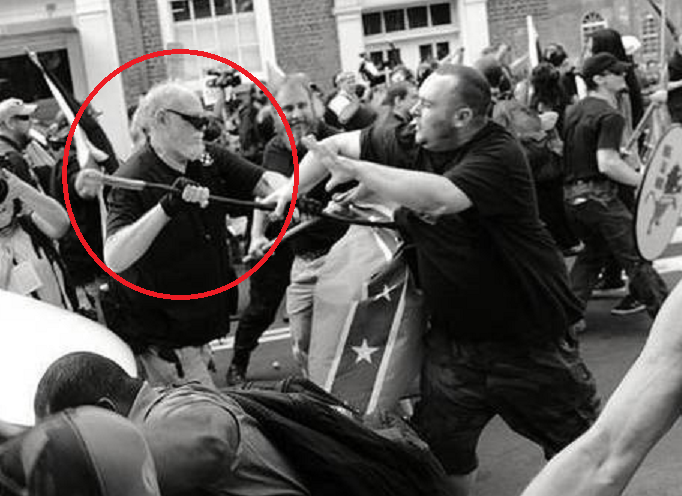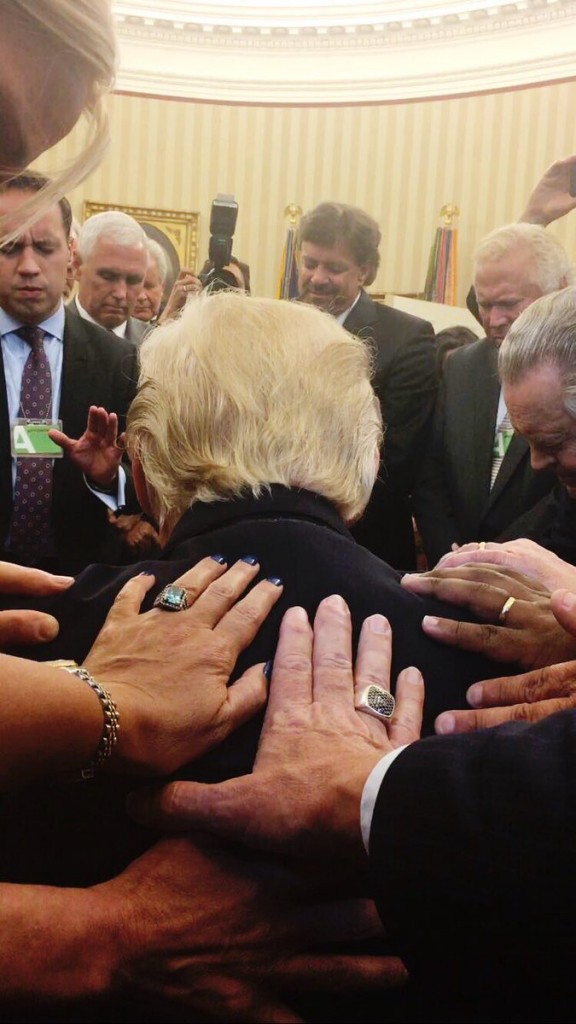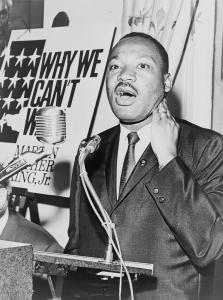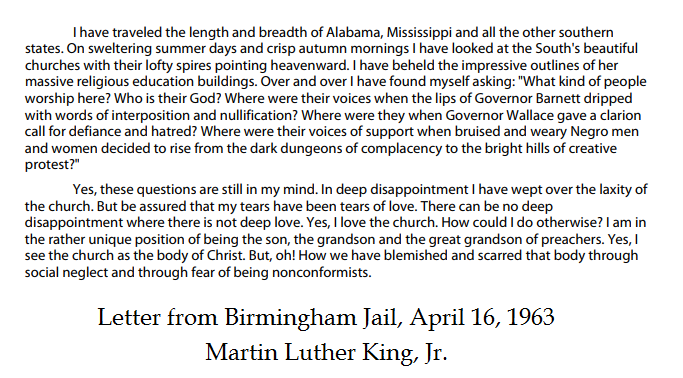August 17, 1787 (Click to read Madison’s notes on the day)
Summary
The delegates debated many details relating to the enumeration of Congressional powers.
Influences on the Delegates
Madison again referred to the example of Great Britain as instructive for the Constitution. The Statute of Anne was the first British law to establish copyright protection.
Mr. MADISON. Felony at common law is vague. It is also defective. One defect is supplied by Statute of Anne, as to running away with vessels, which at common law was a breach of trust only. Besides, no foreign law should be a standard, further than it is expressly adopted. If the laws of the States were to prevail on this subject, the citizens of different States would be subject to different punishments for the same offence at sea. There would be neither uniformity nor stability in the law. The proper remedy for all these difficulties was, to vest the power proposed by the term “define,” in the National Legislature.
Relevant to discussions now about the Civil War and the permission of the national government to intervene in state matters, the delegates seemed divided on the matter even as they voted to include this power in the Constitution.
The clause, “to subdue a rebellion in any State, on the application of its Legislature,” was next considered.
Mr. PINCKNEY moved to strike out, “on the application of its Legislature.”
Mr. GOUVERNEUR MORRIS seconds.
Mr. L. MARTIN opposed it, as giving a dangerous and unnecessary power. The consent of the State ought to precede the introduction of any extraneous force whatever.
Mr. MERCER supported the opposition of Mr. MARTIN.
Mr. ELLSWORTH proposed to add, after “legislature,” “or Executive.”
Mr. GOUVERNEUR MORRIS. The Executive may possibly be at the head of the rebellion. The General Government should enforce obedience in all cases where it may be necessary.
Mr. ELLSWORTH. In many cases the General Government ought not to be able to interpose, unless called upon. He was willing to vary his motion, so as to read, “or without it, when the Legislature cannot meet.”
Mr. GERRY was against letting loose the myrmidons of the United States on a State, without its own consent. The States will be the best judges in such cases. More blood would have been spilt in Massachusetts, in the late insurrection, if the general authority had intermeddled.
Mr. LANGDON was for striking out, as moved by Mr. PINCKNEY. The apprehension of the National force will have a salutary effect, in preventing insurrections.
Mr. RANDOLPH. If the National Legislature is to judge whether the State Legislature can or cannot meet, that amendment would make the clause as objectionable as the motion of Mr. PINCKNEY.
Mr. GOUVERNEUR MORRIS. We are acting a very strange part. We first form a strong man to protect us, and at the same time wish to tie his hands behind him. The Legislature may surely be trusted with such a power to preserve the public tranquillity.
On the motion to add, “or without it [application] when the Legislature cannot meet,” it was agreed to, —
New Hampshire, Connecticut, Virginia, South Carolina, Georgia, aye, — 5; Massachusetts, Delaware, Maryland, no, — 3; Pennsylvania, North Carolina, divided.
Mr. MADISON and Mr. DICKINSON moved to insert, as explanatory, after “State,” “against the Government thereof.” There might be a rebellion against the United States. The motion was agreed to, nem. con.
1787 Constitutional Convention Series
To read my series examining the proceedings of the Constitution Convention, click here. In this series, I am writing about any obvious influences on the development of the Constitution which were mentioned by the delegates to the Convention. Specifically, I am testing David Barton’s claim that “every clause” of the Constitution is based on biblical principles. Thus far, I have found nothing supporting the claim. However, stay tuned, the series will run until mid-September.
Constitutional Convention Series (click the link)
To follow on social media, click the following links:
Facebook (blog posts and news)
Facebook (Getting Jefferson Right – history news)
Twitter



